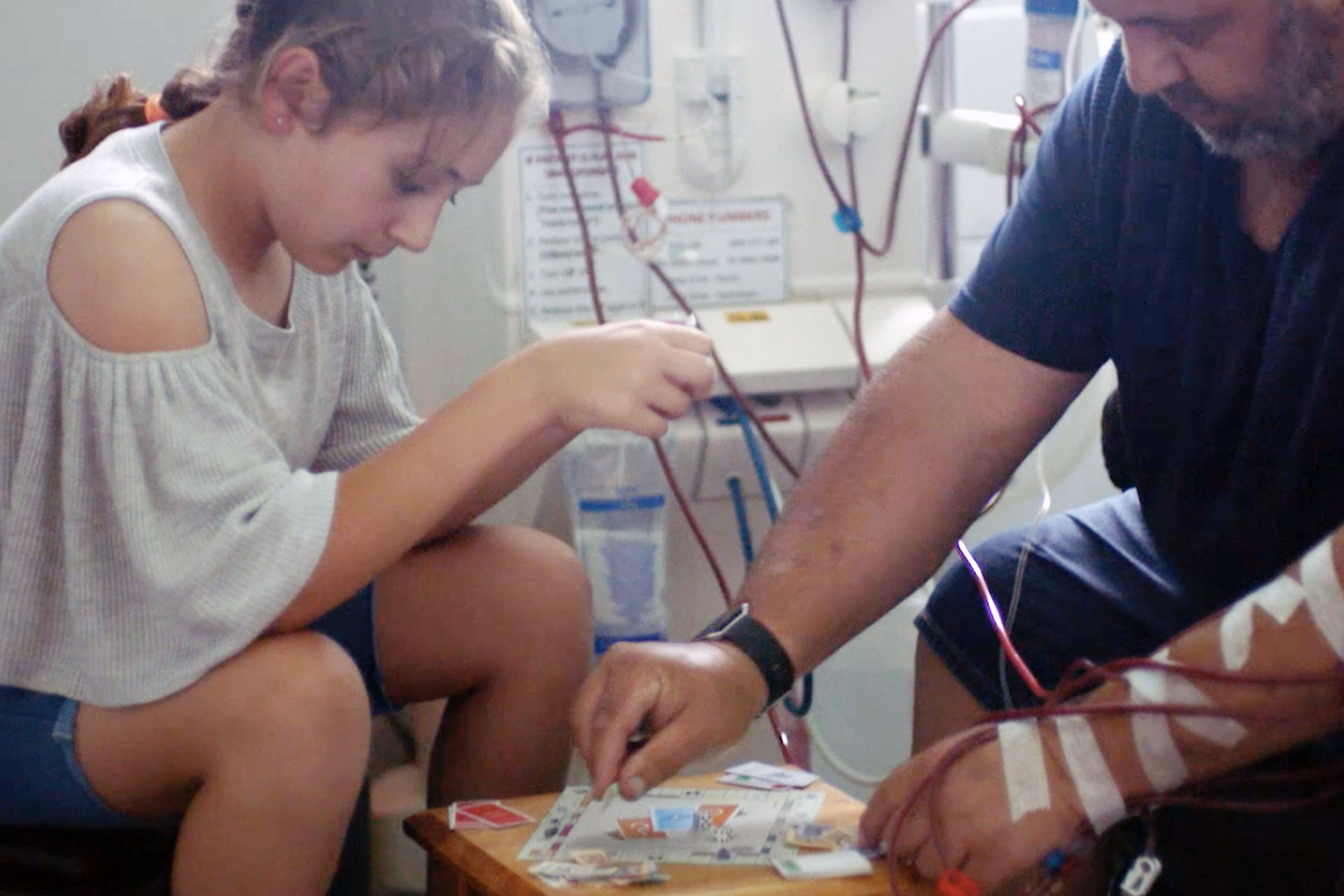-
Medibank and Royal Australasian College of Surgeons (RACS) have have worked together to publish reports which will improve and progress understanding by surgeons about variations in surgical practice.
The most recent report, Surgical Variance Report--Ear, Nose and Throat Surgery, includes data on the 5,455 tonsil and adenoid procedures funded by Medibank in 2014.
Reports are also available for urology, general surgery, vascular surgery, and orthopaedic procedures.
Variation in surgical practice in Australia
Understanding clinical variation is becoming increasingly important, locally and internationally.
However, surgeons in Australia currently have limited access to information on indicators such as the patient length of stay, rates of readmission or admission to ICU, and prices charged for services, for different procedures within their specialty, particularly in the private sector.
In an article in the College’s magazine, Surgical News, RACS President Professor David Watters explains that providing useful information to clinicians about variation in surgical practice is key to improving the delivery of healthcare, as it encourages clinicians to reflect on their practice and the reasons for variations.
“It is vital that the College is able to advocate for safe, affordable and high quality health care that represents best practice,” Professor Watters writes.
“These reports align with our purpose to provide continual education and information to our Fellows.”
Medibank and the Royal Australasian College of Surgeons working together
Medibank and the College are working together to provide clinicians with insights and analysis about variation in surgical practice.
Under the collaboration, Medibank provided the College with de-identified administrative data, and the College then applied its clinical expertise to analyse and interpret the information to provide its Fellows with meaningful and useful data.
The data includes clinical and other indicators for common procedures within a surgical specialty, including the patient length of stay, rates of readmission, or admission to ICU.
“Surgeons have been waiting for information like this for a long time. We’re pleased to be able to provide our Fellows with meaningful data and insights, which may help them to improve their delivery of care in the private sector, and most importantly, improve patient outcomes,” says RACS President Professor David Watters.
Read the published Surgical Variance Reports here
Providing surgeons with insights and information to improve healthcare

-
Innovating for members living with chronic disease
Medibank is supporting our members living with chronic diseases such as heart disease, arthritis, and diabetes, through our CareComplete programs.
-
Medibank’s palliative care at home trial
Giving our customers choice in where they would like to receive their end-of-life care can provide dignity, privacy and help them retain control over the care they receive.
-
How your phone habits affect your sleep
And what it means for your mental health, hormones and more.
-
Medibank trialling haemodialysis at home
Giving members with chronic kidney disease more choice
-
The origins of western and eastern medicine
Two schools of thought explained
-
Almost half of hospital patients are looking for more support
Find out how Medibank is helping.
Subscribe to receive the best from Live Better every week. Healthy recipes, exercise tips and activities, offers and promotions – everything to help you eat, move and feel better.
By clicking sign up I understand and agree to Medibank's privacy policy





